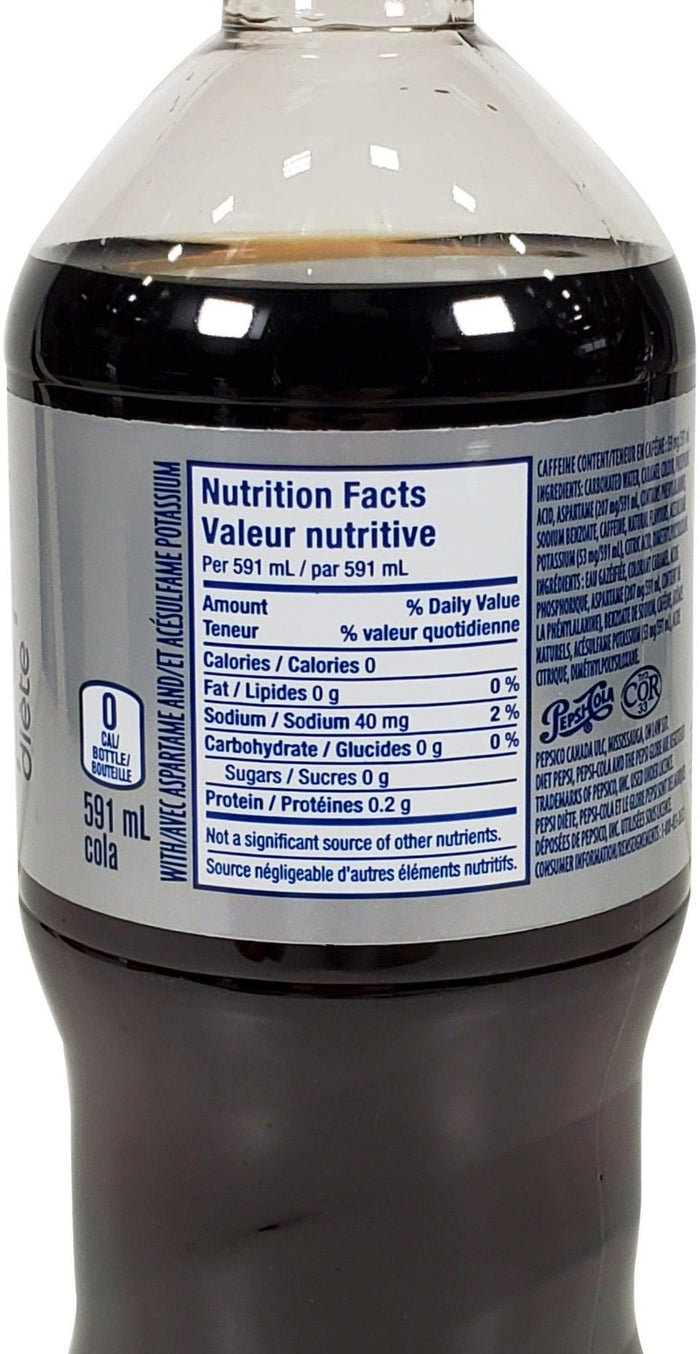Apply Now
Essential Guide to the Green Mediterranean Diet for 2025
The Mediterranean diet has garnered worldwide recognition as one of the healthiest dietary patterns, renowned for its numerous health benefits. Among its variants, the Green Mediterranean diet emphasizes plant-based foods while incorporating healthy fats, seafood, and a wealth of flavors drawn from herbs and spices. This article explores the fundamentals of the Green Mediterranean diet, particularly in 2025, focusing on the key ingredients, meal plans, and benefits that make it a popular choice for health-conscious individuals.
With its roots in traditional Mediterranean eating habits, this diet leans heavily on vegetables, legumes, whole grains, olive oil, and nuts, positioning itself as a sustainable and meaningful approach to nutrition. In addition to weight management and heart health, the Green Mediterranean diet can also support mental well-being and disease prevention. If you're keen on adopting this lifestyle, we will provide meal ideas, grocery lists, and expert tips.
Our journey through the Green Mediterranean diet not only covers its components, but will also shed light on how to adapt this lifestyle to meet individual dietary needs, ensuring a delightful and nutritious culinary experience. Let’s dive into what makes the Green Mediterranean diet not only a way of eating but a holistic approach to health.
Understanding the Basics of the Green Mediterranean Diet
Building on the foundational principles of the classic Mediterranean diet, the Green Mediterranean diet emphasizes a greater intake of plant-based foods. This diet aims to reduce the consumption of red and processed meats, replacing them with sources rich in plant protein, fiber, and healthy fats.
Key Components of the Green Mediterranean Diet
The heart of the Green Mediterranean diet lies in a few fundamental components: vegetables, nuts, legumes, and whole grains. These ingredients are sources of vital nutrients and support overall health.
- **Vegetables**: A wide variety of colorful vegetables, such as leafy greens, tomatoes, peppers, and eggplants, not only provide essential vitamins but also contribute to fiber intake.
- **Nuts**: Almonds and walnuts are significant sources of healthy fats. These foods enhance satiety while providing energy and nutrients.
- **Legumes**: Beans, lentils, and chickpeas serve as excellent sources of protein and fiber, supporting digestive health and weight management.
Through the adoption of these ingredients, individuals will not only discover a world of flavor but will also benefit from the array of nutritional components necessary for a balanced diet.
Health Benefits of Following a Green Mediterranean Diet
Among the many advantages of the Green Mediterranean diet are benefits that extend beyond physical health. Research indicates that adhering to this dietary pattern can help with weight loss, enhance cardiovascular health, and even improve mental wellbeing.
- **Weight Management**: The high fiber content from fruits, vegetables, and legumes supports feelings of fullness, limiting excessive caloric intake and promoting healthy weight loss.
- **Heart Health**: Frequent consumption of healthy fats, especially from olive oil and nuts, is associated with lower cholesterol levels and reduced heart disease risk.
- **Mental Health**: Studies have shown a positive correlation between the Mediterranean diet and improved cognitive function, potentially reducing the risk of dementia and other mental health issues.
This natural approach to nutrition emphasizes balance, sustainability, and mindful eating, creating a comprehensive system for overall health and wellness.
Developing a Mediterranean Meal Plan
Creating a successful Mediterranean meal plan involves careful consideration of nutrients while ensuring a variety of flavors and textures. A typical meal plan might include fresh fruits, an array of vegetables, healthy fats, and whole grains.
For breakfast, consider a bowl of Greek yogurt topped with seasonal fruits and nuts. A lunch option could be a chickpea salad with assorted vegetables, drizzled with olive oil and lemon juice. Dinner can feature grilled fish, accompanied by quinoa and roasted vegetables.
Ideal snacks could include hummus with veggie sticks or a small handful of nuts. The key is to balance macronutrients while enjoying meals that reflect authentic Mediterranean flavors and ingredients.
Crafting a Comprehensive Mediterranean Grocery List
With a clear understanding of the key components of the Green Mediterranean diet, it becomes crucial to build an effective grocery list that captures all necessary ingredients for a successful meal plan.
Essential Ingredients to Purchase
Below are several categories to focus on while crafting your grocery list:
- **Fresh produce**: Focus on seasonal fruits and vegetables, like leafy greens, bell peppers, berries, and citrus fruits.
- **Healthy fats**: Olive oil should be a staple item in your pantry, complemented by avocados and various nuts.
- **Whole grains**: Opt for items like whole grain pasta, brown rice, quinoa, and barley.
- **Proteins**: Include fish, olives, eggs, and legumes such as lentils and chickpeas.
Including these items ensures a diverse array of nutrients and flavors in your diet, elevating the eating experience while reinforcing health benefits.
Meal Prep Strategies for the Green Mediterranean Diet
To simplify this nutritional journey, adopting effective meal prep strategies can be advantageous. By prepping ingredients in advance, you can save time and maintain motivation towards your green Mediterranean goals.
Start by washing and cutting vegetables for easy access during cooking. Prepare larger batches of legumes or grains, which can be portioned for use throughout the week. Consider pre-creating salad kits or overnight oats to facilitate quick meal assembly. These strategies not only enhance meal convenience but can also minimize food waste and save money.
Debunking Common Myths About the Mediterranean Diet
Despite the popularity of the Mediterranean diet, misconceptions abound that can lead to confusion regarding its proper implementation.
Misperceptions About Olive Oil and Fats
One key myth suggests that all fats should be avoided. In reality, healthy fats, particularly those from olive oil, play a crucial role in the Mediterranean diet. The health benefits of olive oil include support for heart health and anti-inflammatory properties.
It's important to emphasize that moderate consumption of healthy fats is beneficial. However, balance is key, and understanding portion sizes will prevent excessive caloric intake.
Protein Sources in the Mediterranean Diet
Another misunderstanding lies in the belief that Mediterranean diets are protein-deficient. While meat consumption is less than in other diets, a wealth of alternatives, like legumes and fish, provide ample protein. These foods promote muscle maintenance and overall health.
As such, the Green Mediterranean diet successfully incorporates adequate protein without necessitating a dependence on red meats.
Final Thoughts on the Green Mediterranean Diet
Embracing the Green Mediterranean diet represents a commitment to health and sustainability, providing a roadmap to a balanced lifestyle. With an emphasis on whole, plant-based ingredients that are rich in nutrients, this dietary approach yields not only a nourished body but also introduces an enriching culinary adventure.
By integrating healthy fats, seasonal produce, and fish into daily meals, one can enjoy flavorful dishes while reaping a wealth of health benefits. Whether you are new or experienced with the Mediterranean diet, consider exploring various meal ideas, cooking techniques, and tips to adapt this nutritional plan to fit your lifestyle effectively.
As you embark on this gastronomic journey, remember that being consistent and embracing the cultural significance of the Mediterranean diet will enhance your overall well-being.




